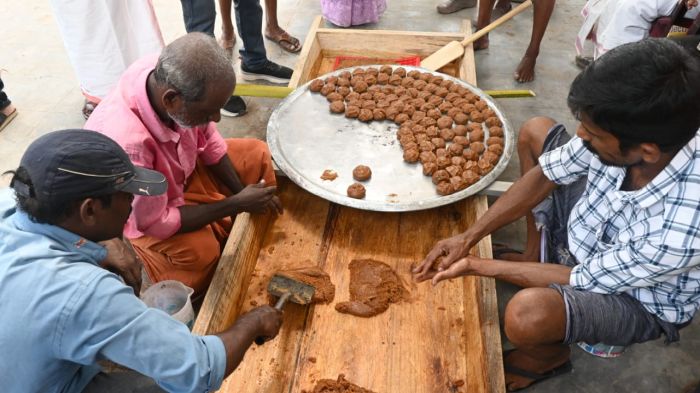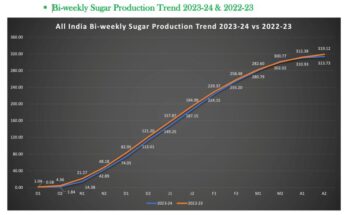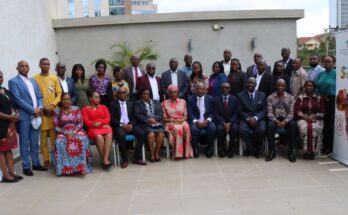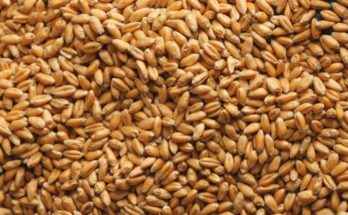Kochi, India: In a bid to rejuvenate sugarcane farming in the Periyar river basin and restore the prominence of Alangadan Jaggery, the Ernakulam Krishi Vigyan Kendra (KVK) of ICAR-Central Marine Fisheries Research Institute (CMFRI) has established a jaggery production unit in Alangad. This is in continuation of the demonstration of sugarcane farming in the locality. The equipment for the unit is purchased with funding from the Agricultural Technology Application Research Institute (ATARI), Bengaluru and the building is sponsored by the Alangad Co-operative Bank. The whole project is being implemented in collaboration with the Alangad Grama Panchayath.
KVK planted the CO 86032 variety, a high-yielding and disease-resistant sugarcane strain released by ICAR-Sugarcane Breeding Institute (ICAR-SBI), Coimbatore, specifically for jaggery production.
The primary goal of this demonstration is to produce chemical-free, high-quality jaggery and establish a branded marketing channel for Alangadan Sharkara, potentially earning a Geographical Indication (GI) tag in the future. The project has garnered support and guidance from ICAR-Indian Institute of Sugarcane Research (IISR), Lucknow, which is providing technological expertise for the jaggery unit. Currently, more than 11 farmers are doing sugarcane farming in the region in collaboration with the KVK.
You may also like to read: Cabinet approves ‘Fair and Remunerative Price’ (FRP) of sugarcane for sugar season 2024-25
Ernakulam KVK envisions that this sugarcane farming demonstration, coupled with an operational jaggery unit and branded marketing, will motivate local farmers to re-engage in sugarcane cultivation. Furthermore, the initiative aims to create opportunities for value addition and income generation by exploring other sugarcane-derived products such as bottled juice, liquid jaggery, and vacuum-evaporated jaggery to cater to evolving consumer preferences.
The efforts of Ernakulam KVK represent a commendable example of how scientific interventions and innovations can play a pivotal role in preserving and promoting traditional indigenous knowledge and practices. Moreover, this initiative contributes to the sustainable development and welfare of the farming community, showcasing the potential impact of such endeavors on the agricultural landscape.
You may also like to read: Bajaj Hindusthan Sugar collaborates with EverEnviro to produce compressed biogas in UP
Sugarcane has deep-rooted historical significance in Kerala, particularly in the Periyar river basin, where it has been traditionally cultivated for the production of jaggery, a cherished sweetener. Jaggery, known as Sharkara in Malayalam, not only holds cultural importance but is also recognised for its mineral-rich and antioxidant properties, offering numerous health benefits. It plays a vital role in Kerala’s cuisine, used in various dishes and religious ceremonies, symbolising auspiciousness and prosperity.
Despite this rich history, sugarcane farming in Kerala has faced challenges in recent decades, including low profitability, high labour costs and competition from cheaper alternatives. Consequently, the quality and quantity of jaggery, especially the renowned Alangadan Sharkara, have witnessed a decline.





